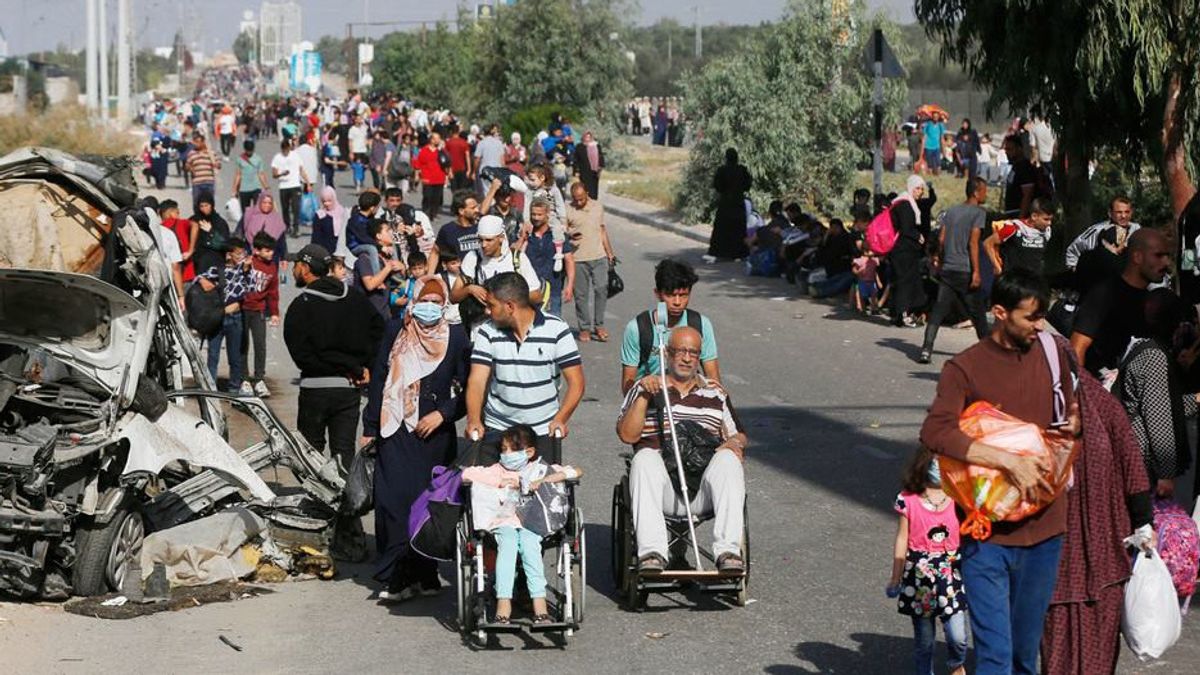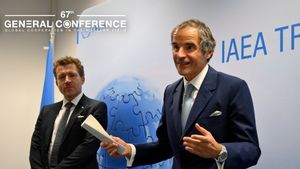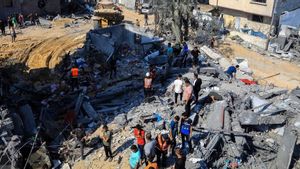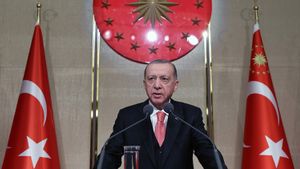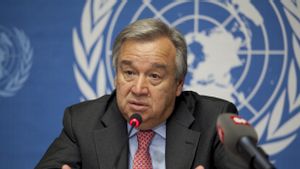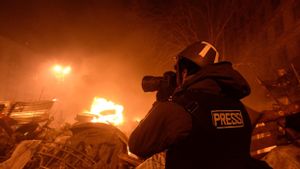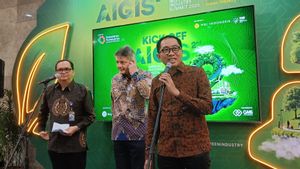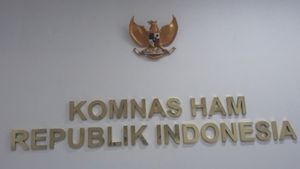JAKARTA - A top UN agency official said that the Gaza Strip in Palestine, where the armed conflict between Hamas militants and Israel has been going on for the last seven weeks, is the most dangerous place for children.
UNICEF Executive Director Catherine Russell told the UN Security Council that more than 5,300 Palestinian children have reportedly been killed since the conflict began with Hamas's incursion into southern Israel on October 7.
This was responded to with a total blockade and counterattacks focused on Gaza, the Palestinian enclave with a population of 2.3 million people.
"The true cost of this latest war in Palestine and Israel will be measured in the lives of children lost to violence and those forever changed by it. Without an end to the fighting and full humanitarian access, the costs will continue to increase exponentially," said Russell, who last week visited Gaza at a council briefing on women and children in Gaza, reported by Reuters, November 23.
Israel is known to bombard Gaza from the air, carry out a siege and even carry out ground operations with soldiers and tanks.
"The Gaza Strip is the most dangerous place in the world for children," said Russell.
"In Gaza, the impact of violence against children is enormous, indiscriminate, and disproportionate," he said.
Israel on Wednesday agreed to a four-day ceasefire with Hamas, along with a deal to release 50 Israeli hostages and 150 Palestinian prisoners, as well as allowing in humanitarian aid.
"Women in Gaza told us they pray for peace, but if peace is not achieved, they pray for immediate death, while they sleep, with their children in their arms," explained UN Women Executive Director Sima Bahous.
VOIR éGALEMENT:
"We should all be ashamed that any mother, anywhere, can pray. has prayers like that," he criticized.
Meanwhile, the Head of the United Nations Population Fund (UNFPA) told the Security Council that 5,500 pregnant women are expected to give birth in Gaza in the coming month.
"Every day around 180 women give birth in dire conditions, the future of their babies is uncertain," said Executive Director Natalia Kanem, adding that UNFPA is also concerned about around 7,000 women who gave birth in the last 47 days and do not have access to health services. water, sanitation and nutrition.
The English, Chinese, Japanese, Arabic, and French versions are automatically generated by the AI. So there may still be inaccuracies in translating, please always see Indonesian as our main language. (system supported by DigitalSiber.id)
